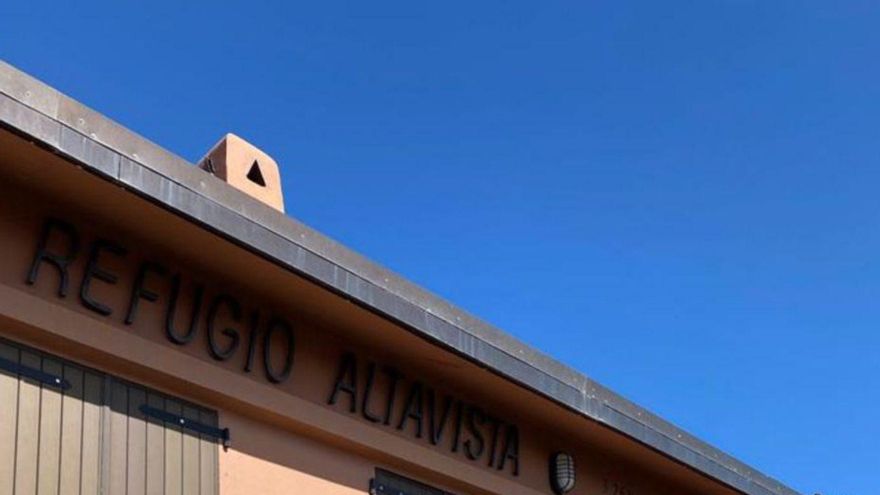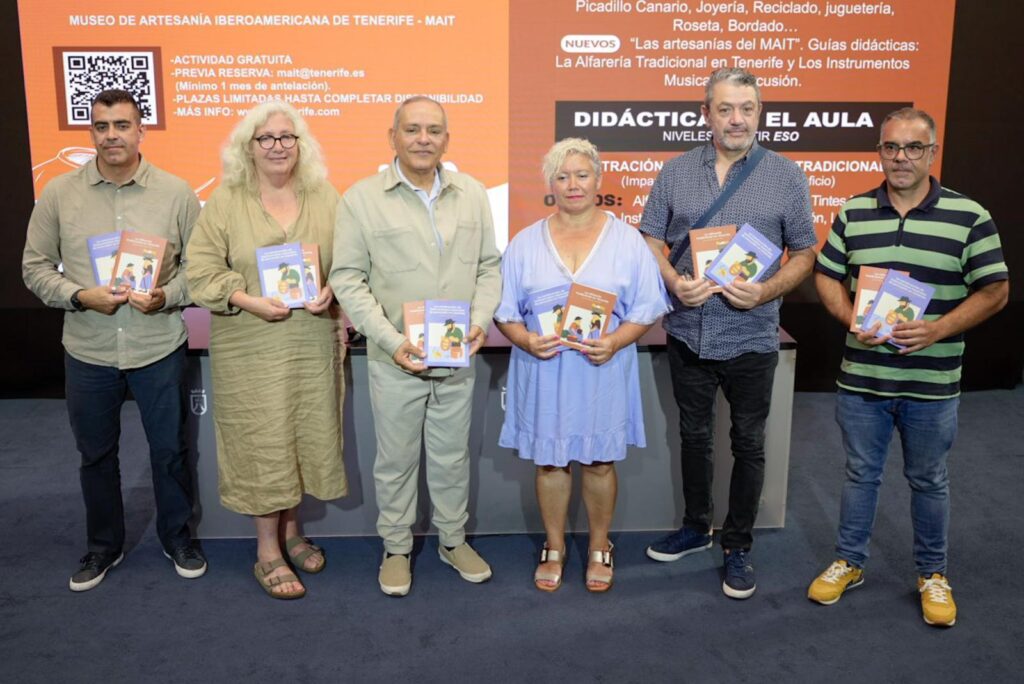
The mountaineers were the most common users of the refuge located at the highest altitude in the country, specifically at 3,270 meters, and they regret that this essential space for the security, control and sustainability of the environment continues to be closed, vandalized and without a specific reopening period.
The historic Altavista refuge, located at an altitude of 3,270 meters in the peak of Teide, has been closed for more than three years, a period in which it has suffered damage from acts of vandalism, accumulation of rubbish and deterioration, which further complicates and delays any reopening forecast. The Council of Tenerife processes the essential wastewater treatment plant project to put it back into service, but when that installation is executed, reform and repair will still be pending due to the years of closure, its management model and the hiring of specialized personnel necessary for its correct operation functioning.
The mountaineers were its main users, along with tourists and occasional visitors, and since the end of the state of alarm due to the Covid pandemic, they have repeatedly shown their displeasure at the closure of a space that they consider key to security, control and the sustainability of an environment as delicate and special as Teide.
The secretary of the Canarian Mountaineering Federation and representative of the group on the Teide National Park Board of Trustees, Francisco Beltrán, affirms that this refuge is “a vital and historic facility” that plays a fundamental role in the safety of visits to the highest peak. top of Spain He celebrates that “the wastewater treatment plant has finally been approved”, but acknowledges that the final opening will require “more time and new actions”. He is convinced that it will be necessary to carry out a general reform of the property “after being closed for so long and the acts of vandalism.”
The person in charge of Rural Development of the Spanish Federation of Mountain Sports and Climbing (Fedme) and member of its scientific advisory committee, the geographer Pedro Millán, regrets “the negligence and lack of attention” to a facility that will continue to deteriorate day by day: «People continue to climb Mount Teide, spend the night in that area, even if it is in deplorable third-world conditions. The reality is that everyone defecates and urinates in the environment, which is full of debris and papers. There are people who access the interior, breaking doors; they make bonfires anywhere and with anything, and some also leave their rubbish there.”
Apart from serving as a refuge for mountaineers in an area where low temperatures and very harsh environmental conditions are recorded, this center served, in Millán’s opinion, “as an environmental control point and for visits.” Another of the losses that this closure has caused is that of the staff, “tremendously valid and specialized, who have had to go to work in other places.” Regarding the future, Pedro Millán is concerned that apart from the works, “we will have to work on a management model that is not even defined at this point.”
A treatment plant in process
At the end of April, the Cabildo de Tenerife put on public display the project to install a wastewater treatment plant in the Altavista refuge, on the peak of Mount Teide. Once the period of 20 days has elapsed from its publication in the Official Gazette of the Province, this project is definitively approved and ready to be put out to tender. From the Cabildo it is pointed out that “with this initiative, the infrastructure of the refuge, located in the Teide National Park and in a highly sensitive environment, will improve the sustainability and protection of the environment of Altavista. In addition, it will be the first step to adapt the facility to the environmental criteria that will allow its reopening. The project has a budget of 198,000 euros and an execution period of ten weeks. | RS
















